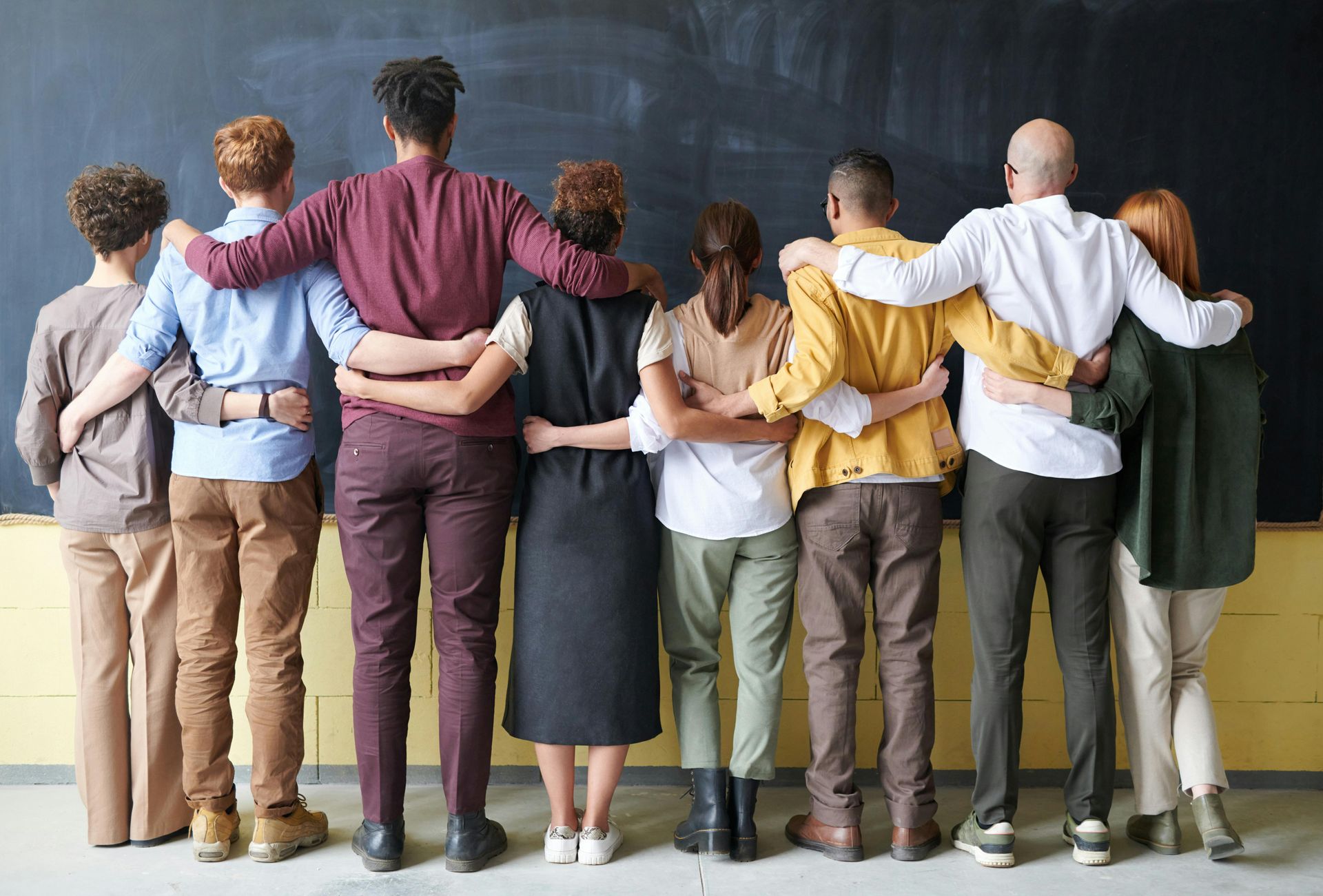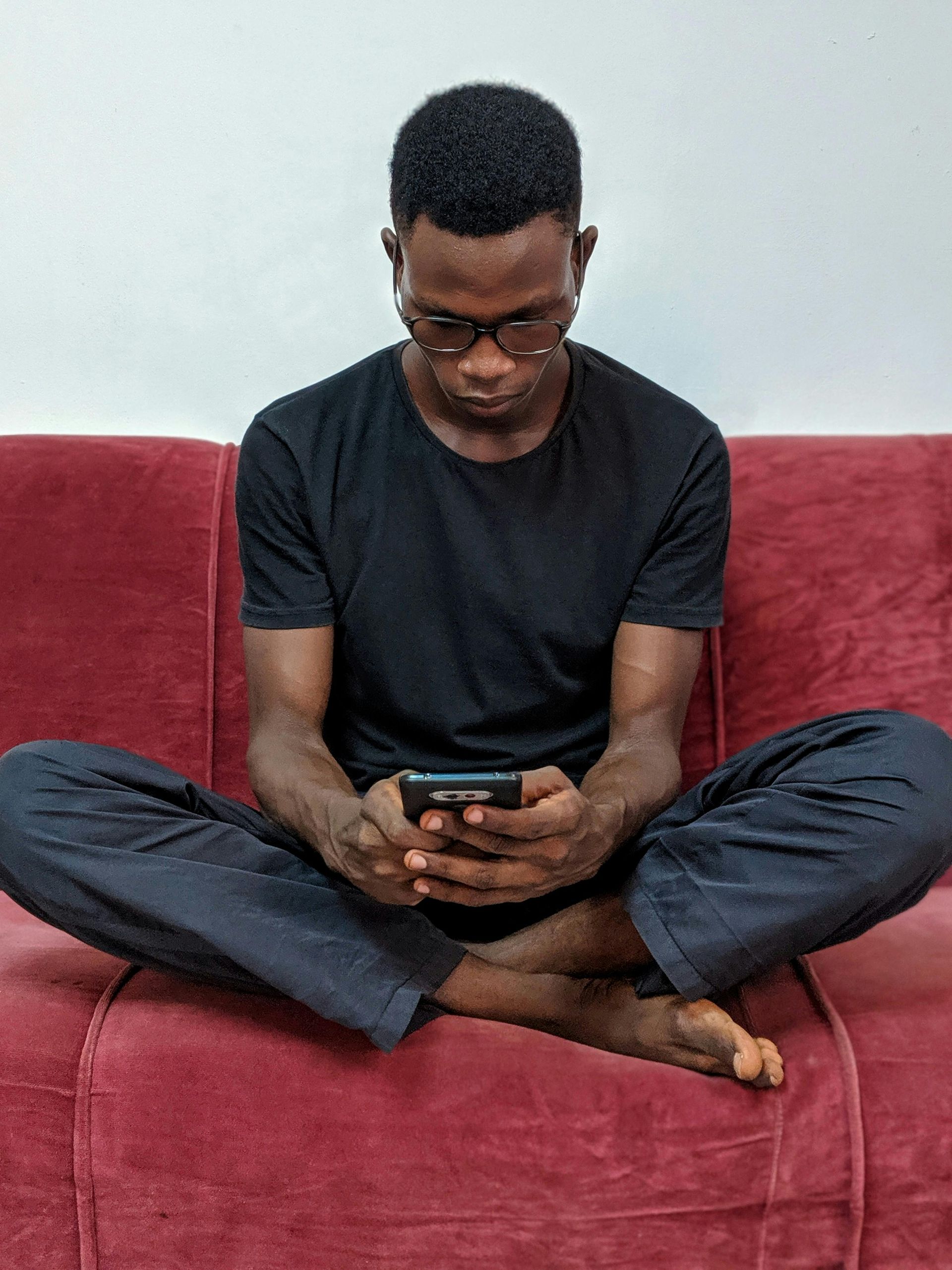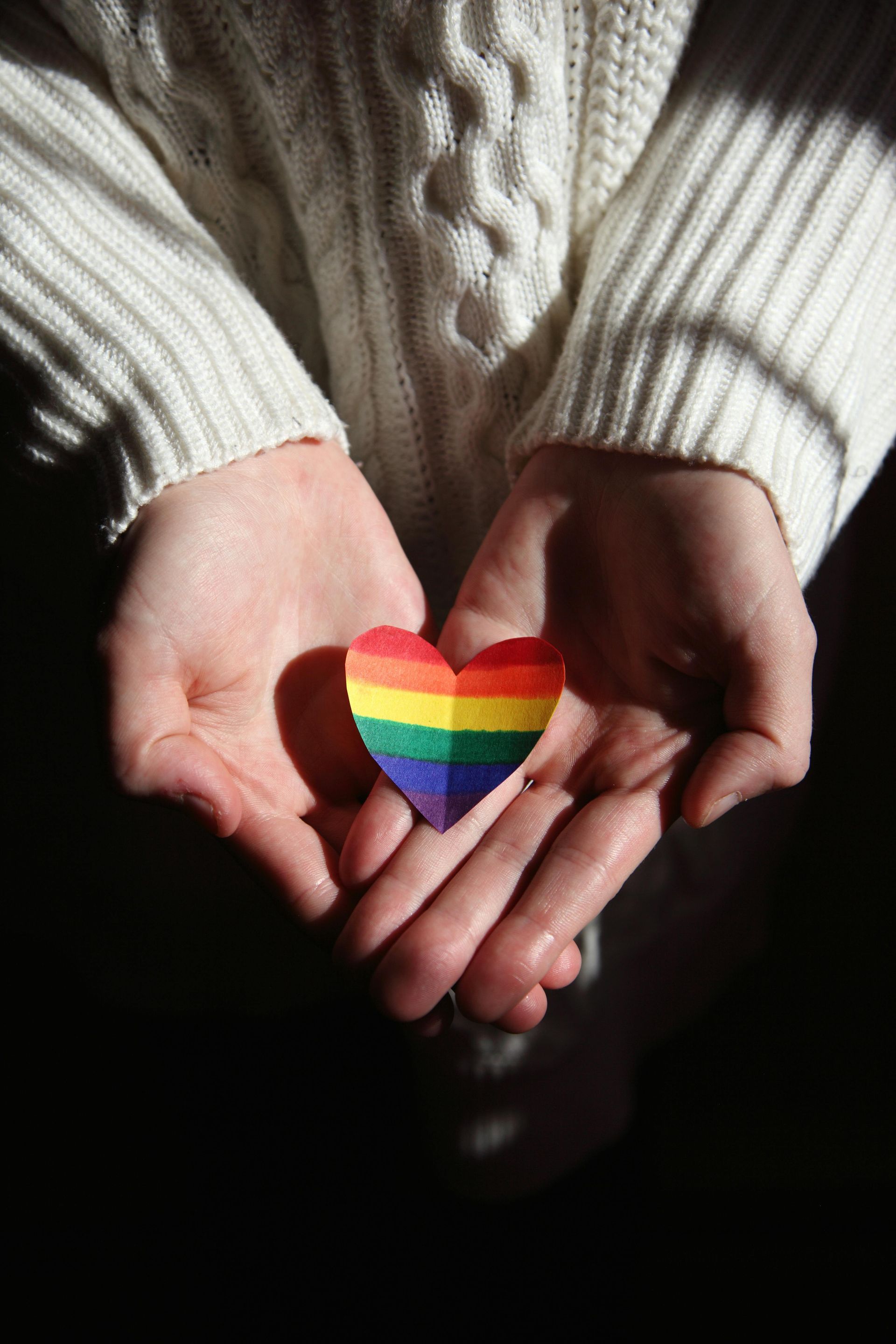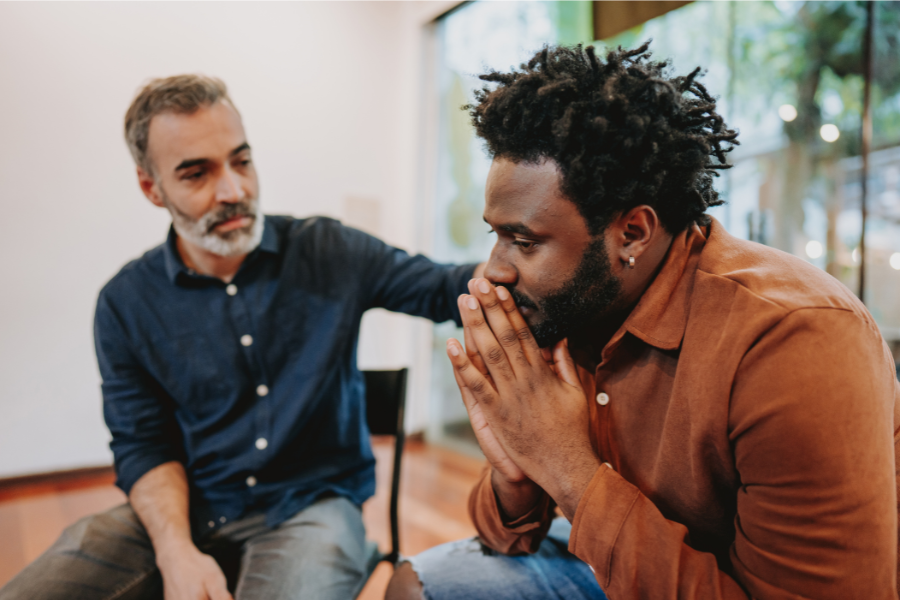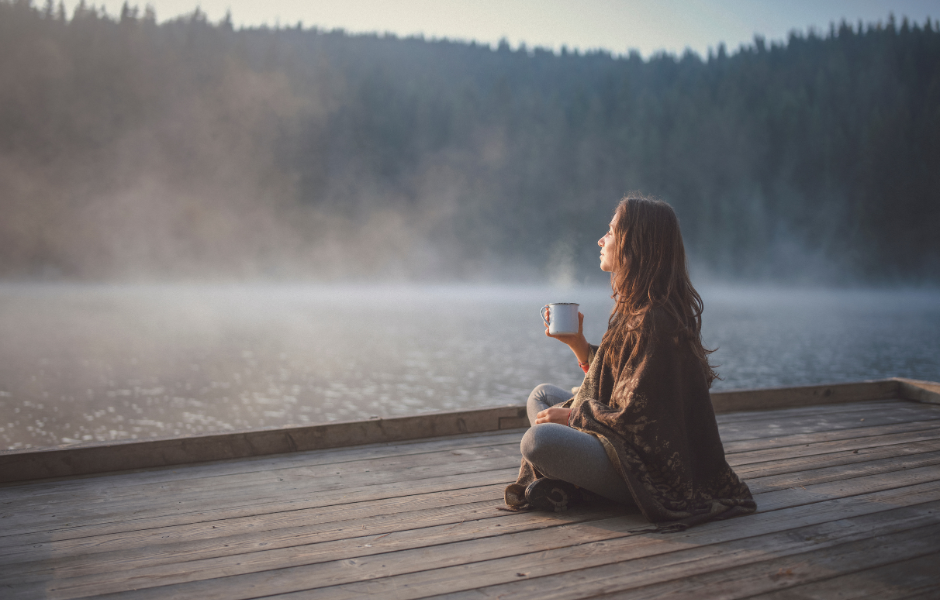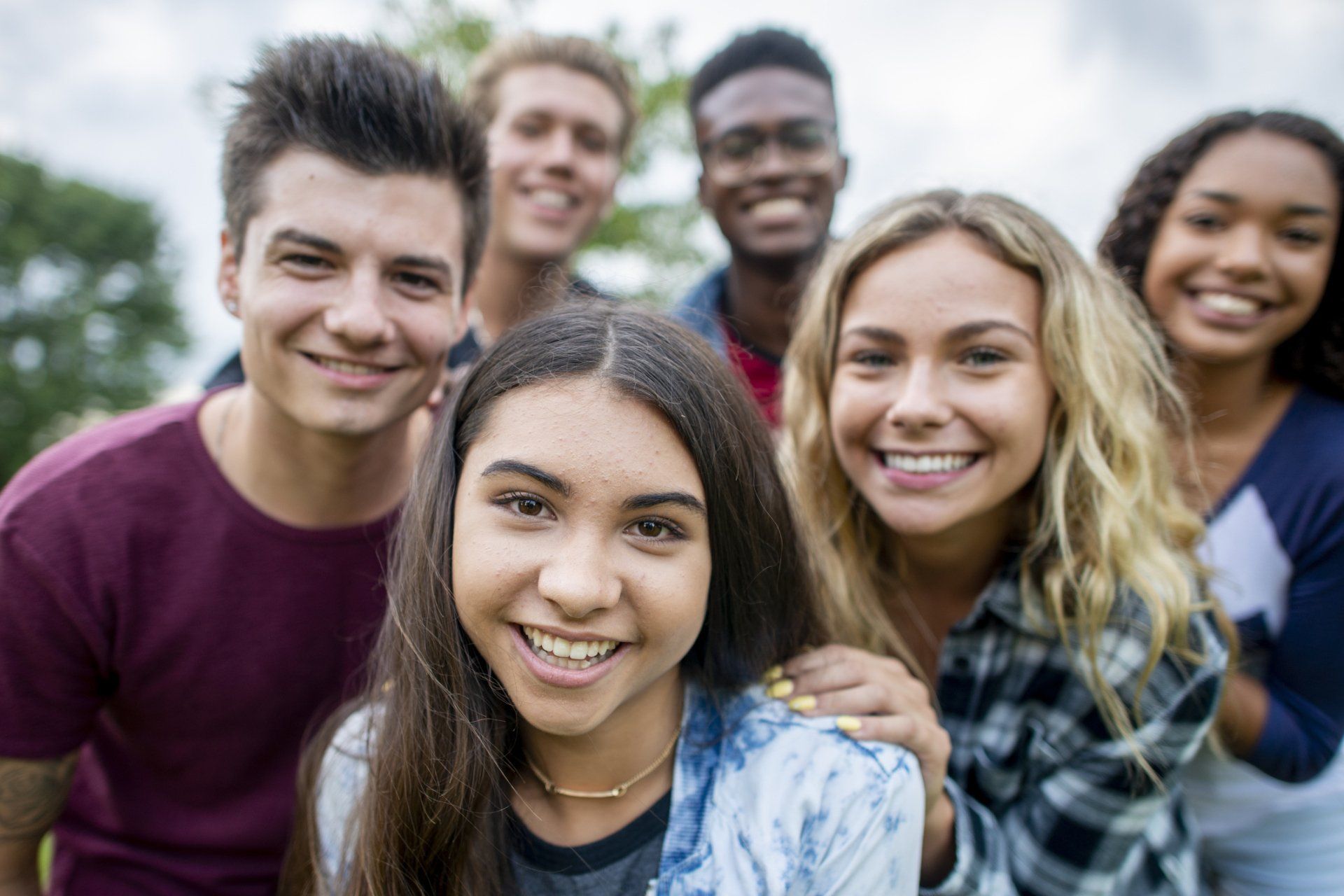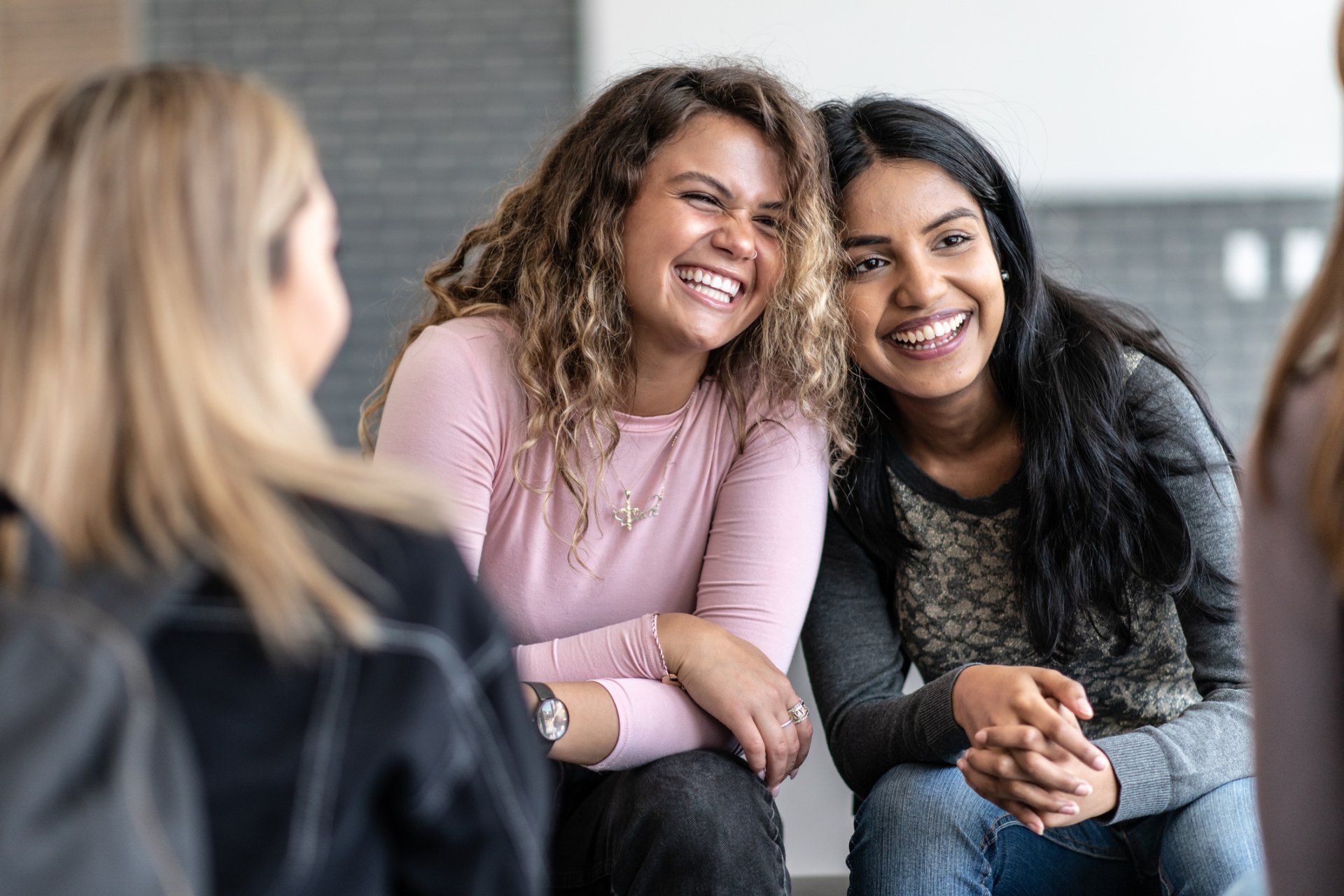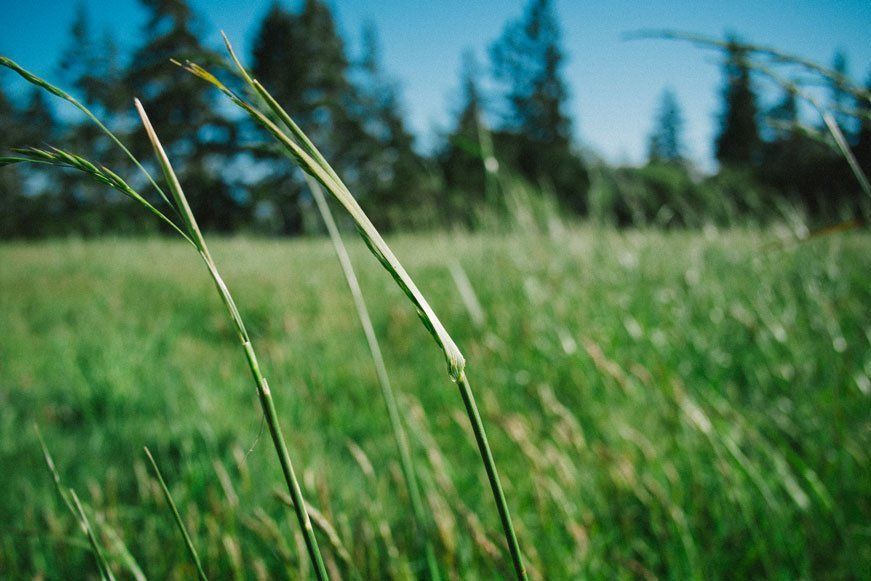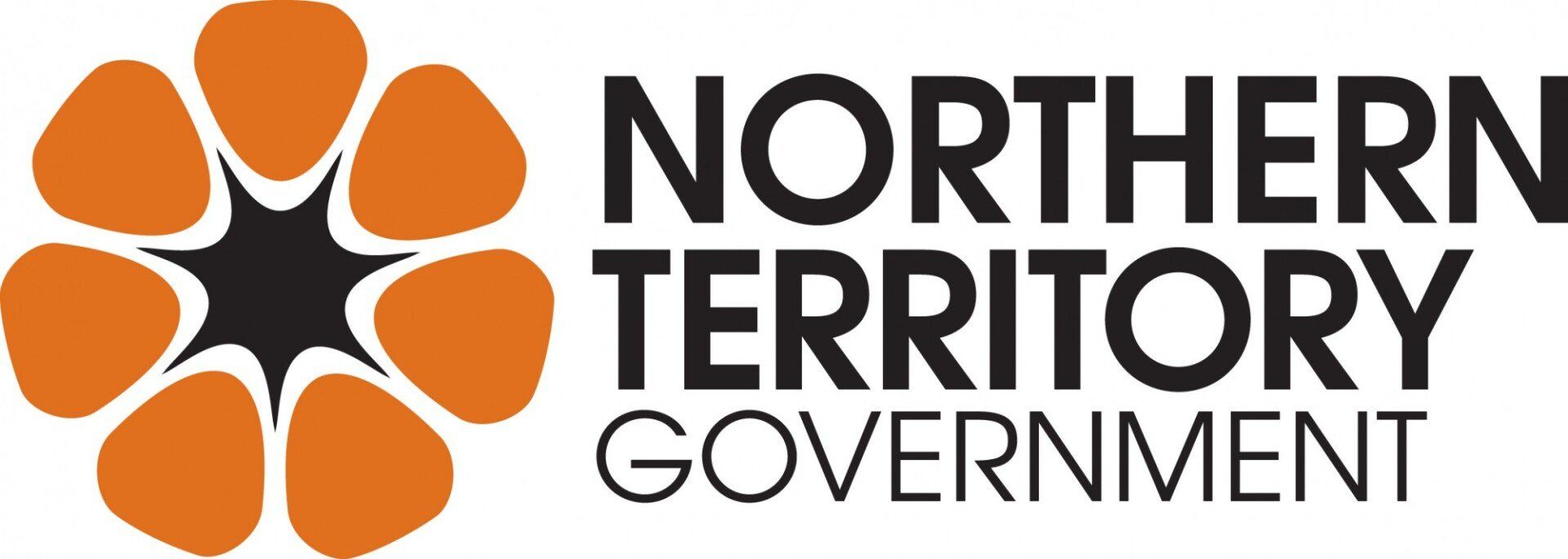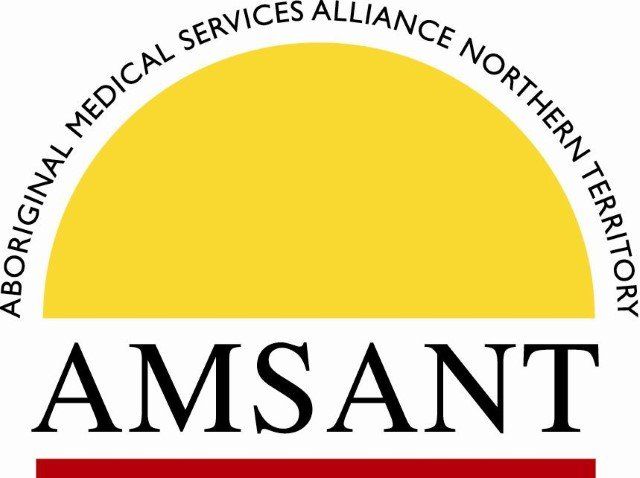Let's yarn about January 26
Let's yarn about January 26
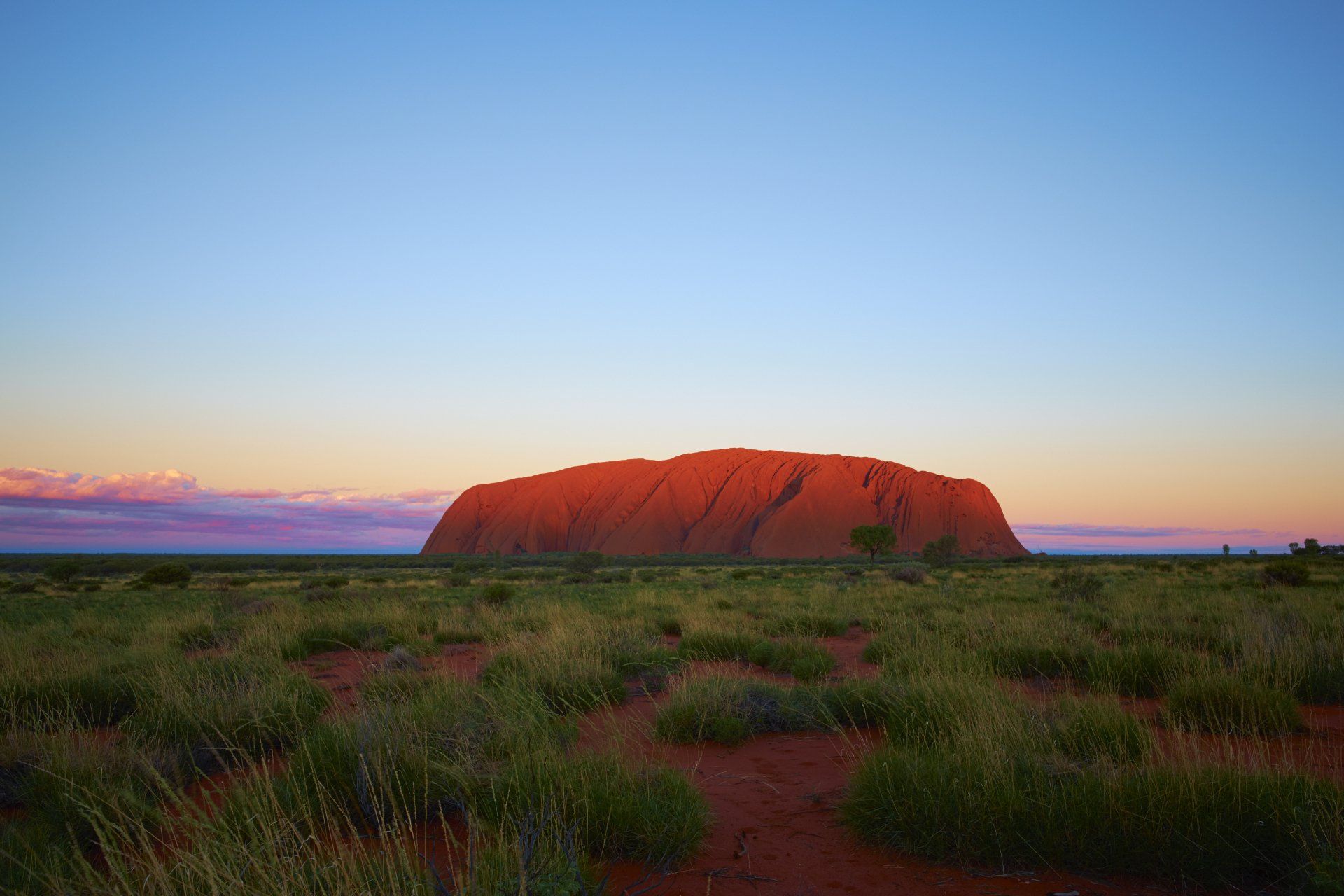
What does January 26 mean to you? How do you spend the day? Is it a day of celebration or mourning? Do you refer to it as Australia Day, Invasion Day, Survival Day or is it just another day?
Whilst Australians have various views on January 26, for many Aboriginal and Torres Strait Islander people it’s more than a public holiday, or a day to celebrate Australia. The day comes with many mixed emotions as it represents the start of a loss of 60,000 years of tradition and culture. Aboriginal and Torres Strait Islander people also refer to the day as Survival Day, a day to celebrate the survival and the contribution Aboriginal and Torres Strait Islander peoples make to this country.
In 1938 on January 26, whilst some Australians celebrated 150 years since the landing of the first fleet at Sydney Cove, a group of Aboriginal men and women protested the mistreatment of Aboriginal and Torres Strait Islander people and called for national citizenship and equality. This would be known as ‘Day of Mourning’. Since then, events and marches have been held each year all around the country people protesting on January 26. With growing support, and in the spirit of reconciliation, a debate occurs each year around ‘Change the Date’ of Australia Day to a more appropriate day for all Australians to proudly celebrate.
January 26 and its impact on mental health
Mental health and social and emotional wellbeing are impacted by many different things – including experiences and meanings of history. Leading up to January 26 there are many public conversations – especially in the media – that challenge Aboriginal and Torres Strait Islander experiences of history and the different meanings of this day. Present and past traumatic experiences often become the topic of public debate which can cause stress and distress.
Tips to look after yourself this January 26
As an Aboriginal and Torres Strait Islander person January 26 can be difficult and may bring up different emotions. Here are ways you can look after yourself or things you can do to help deal with the stress caused by January 26.
- Take a break from social media and don’t read the comments
- Surround yourself with supportive friends and family
- Spend time on country and/or with the Mob
- Attend Invasion/Survival Day events, including online events
- Reflect through writing, reading, listening to music or podcasts and/or watching your favourite movies and shows that represent strength and survival.
Learn more about the history of January 26
As a non-Aboriginal or Torres Strait Islander person, there steps that you could take to learn more about the history and experiences of Aboriginal and Torres Strait Islander people.
Reading, watching or listening to stories that draw on the knowledge and stories of Aboriginal and Torres Strait Islander peoples is a good place to start.
Read:
How to be a good Indigenous Ally
8 things you need to know about January 26
Watch:
Aboriginal People react to ‘Australia Day’
Listen:
Let’s reflect on how history and experiences can impact people differently. Let’s look out for one another this January 26.
